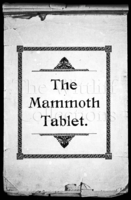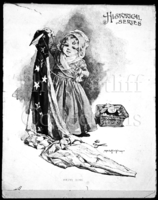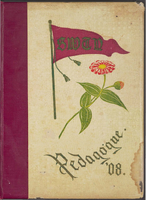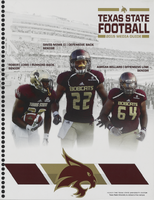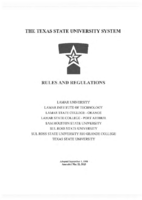Handwritten memoir by Santiago Tafolla, Part I (Chapters 1-22; pages 1-76)
Description
Original handwritten manuscript written in Spanish by the Reverend Santiago Tafolla at the age of 71. Tafolla was born in Santa Fe, New Mexico under Mexican rule; traveled widely in the US; and served in the Texas Indian Wars and the Confederate Army during the Civil War. The memoir offers a rare look at 19th century Texas from the Tejano perspective and is the only known memoir of a Mexican American who served in the Civil War. Tafolla's great-granddaughters Carmen and Laura Tafolla transcribed, translated, and edited the memoir, which was ultimately published as A Life Crossing Borders: Memoir of a Mexican-American Civil War Soldier, by Arté Público Press in 2009. Item is fragile; pages 73-76 are illegible in places; written in pencil.
